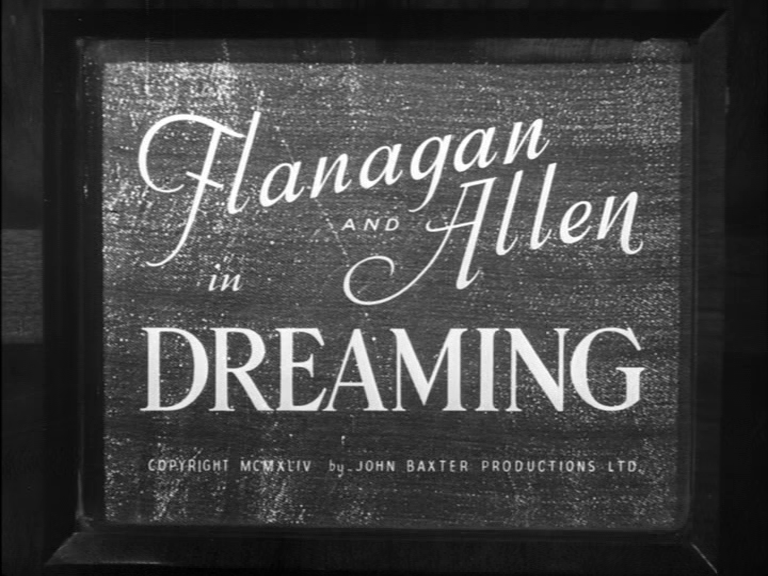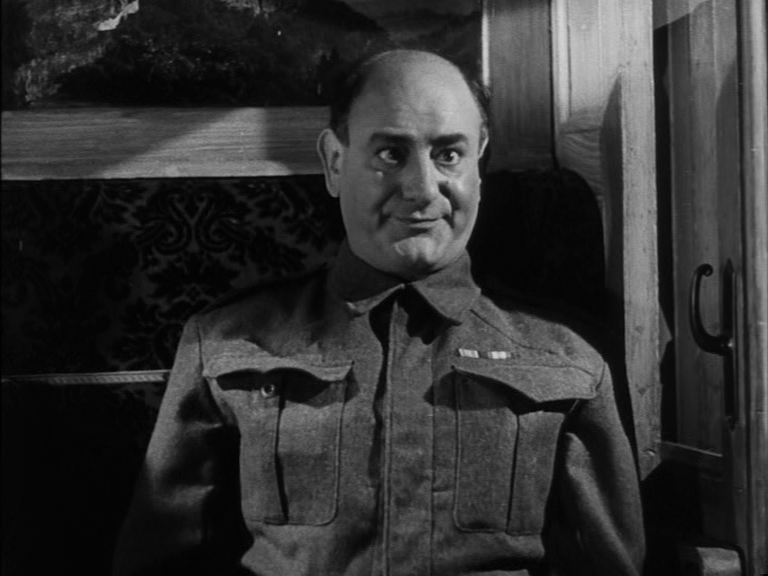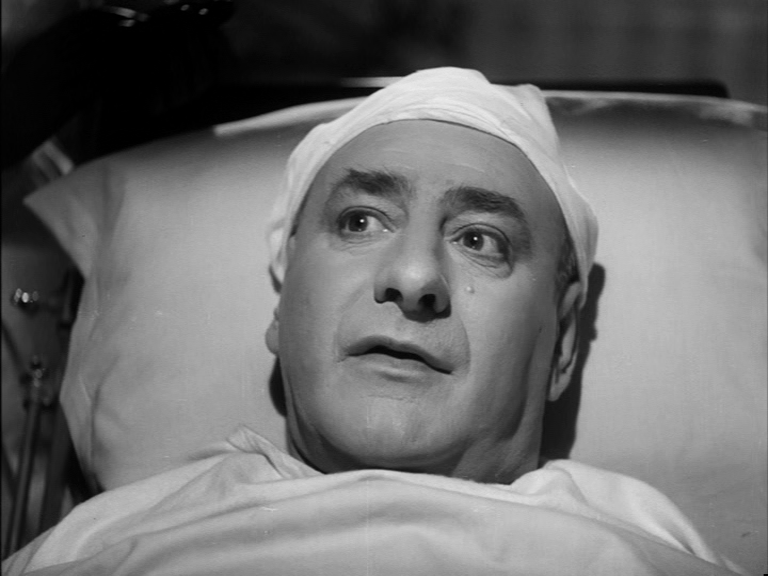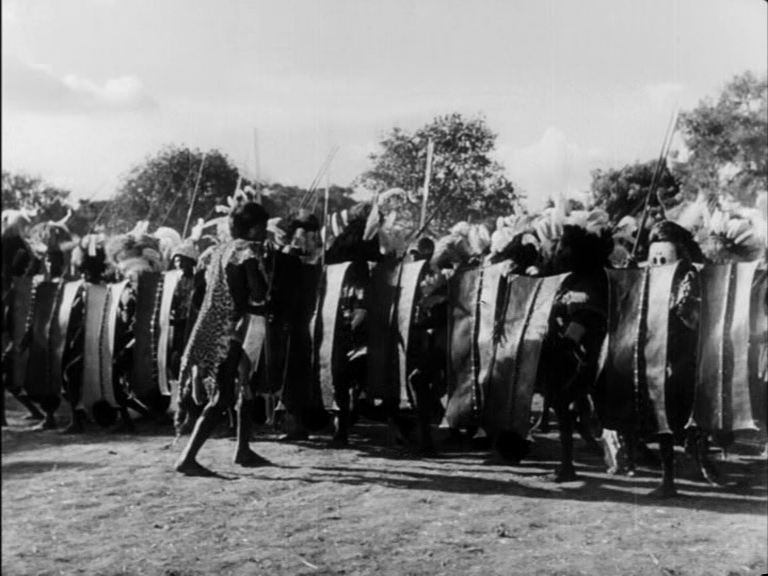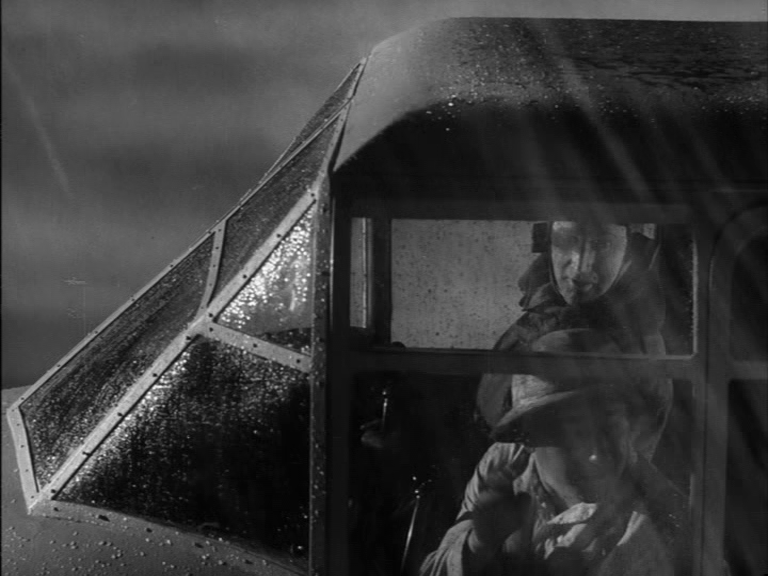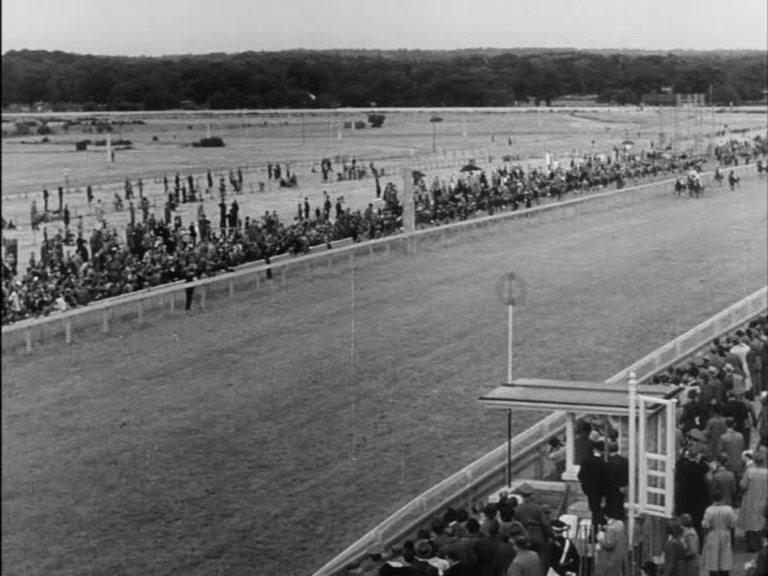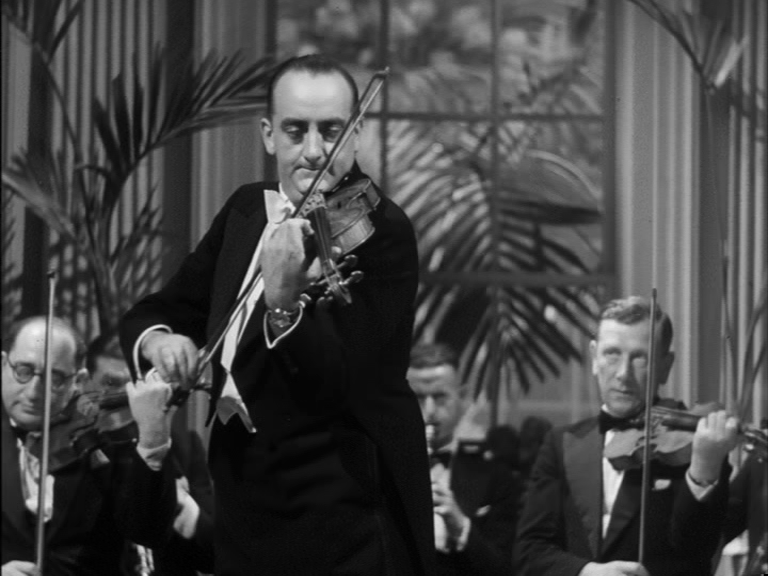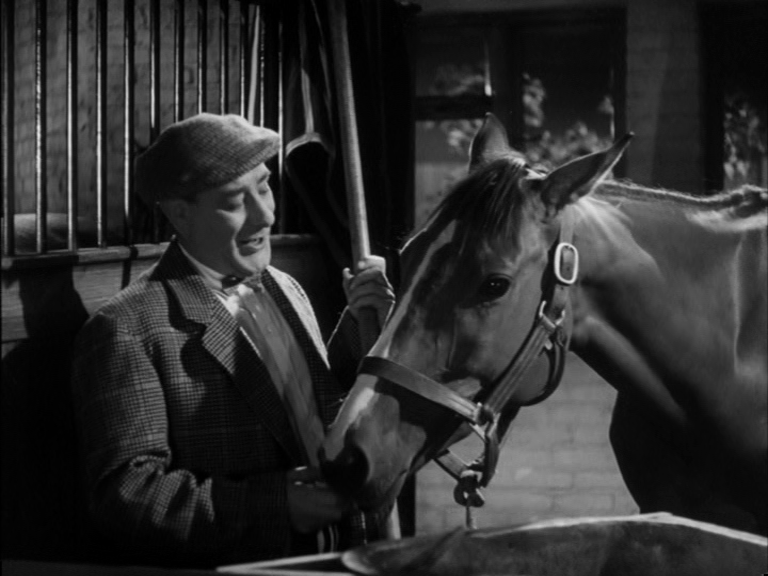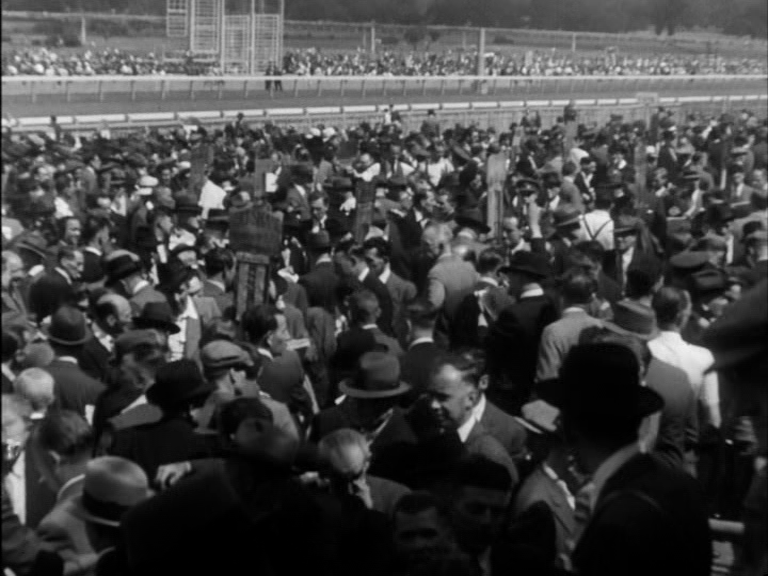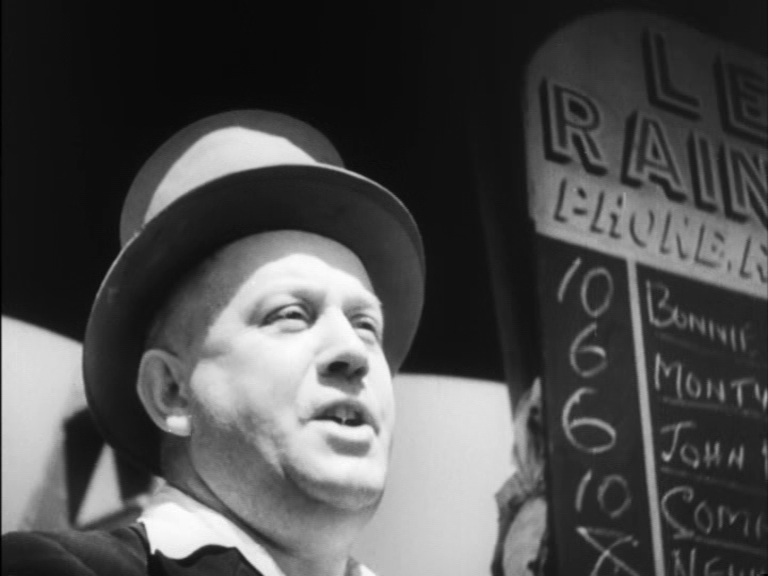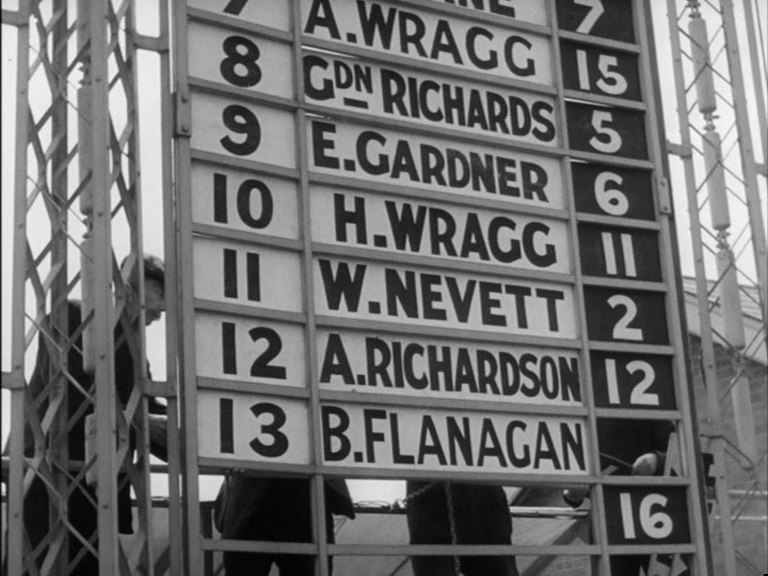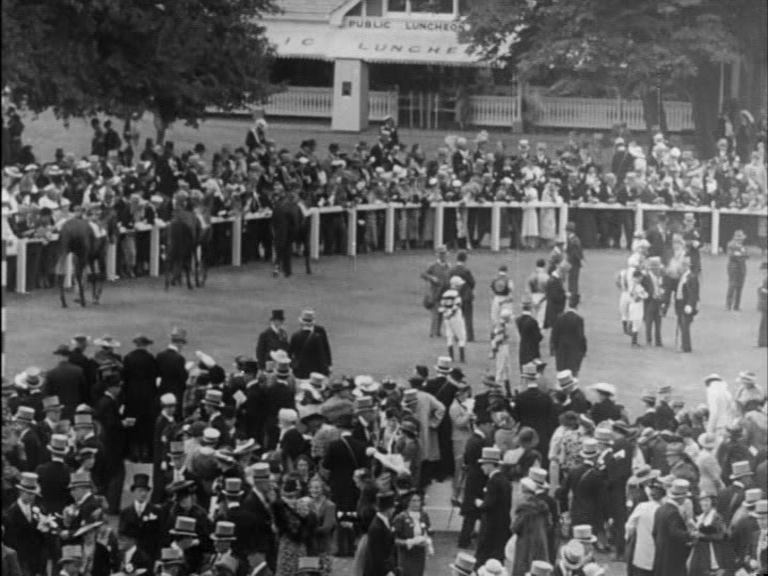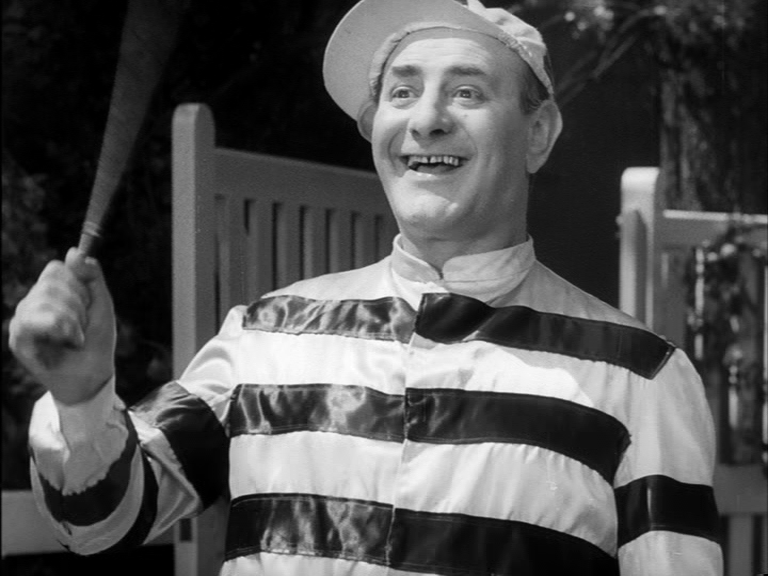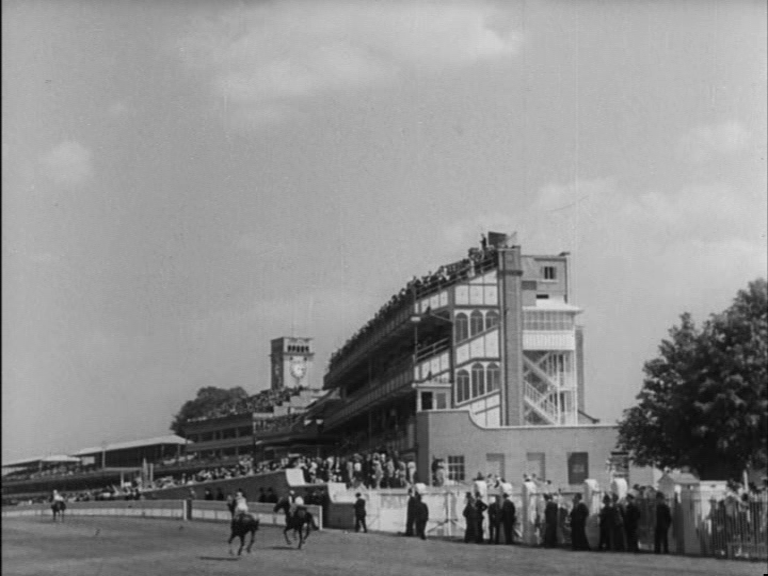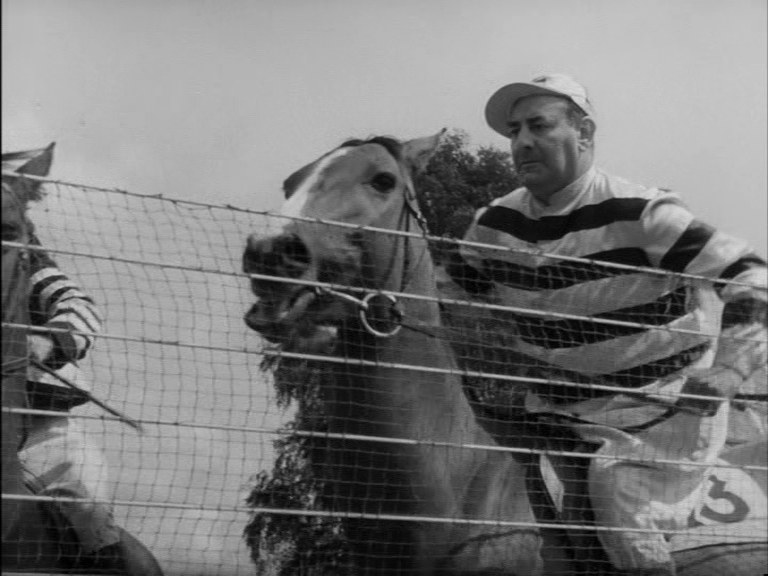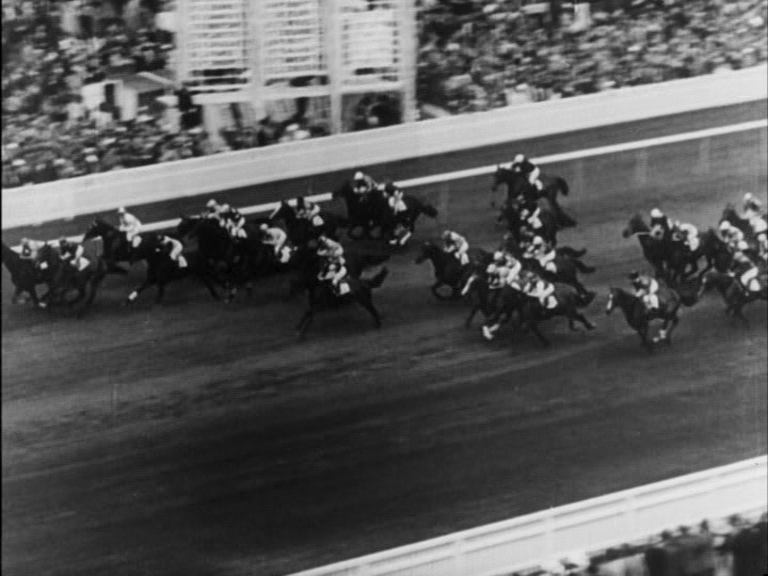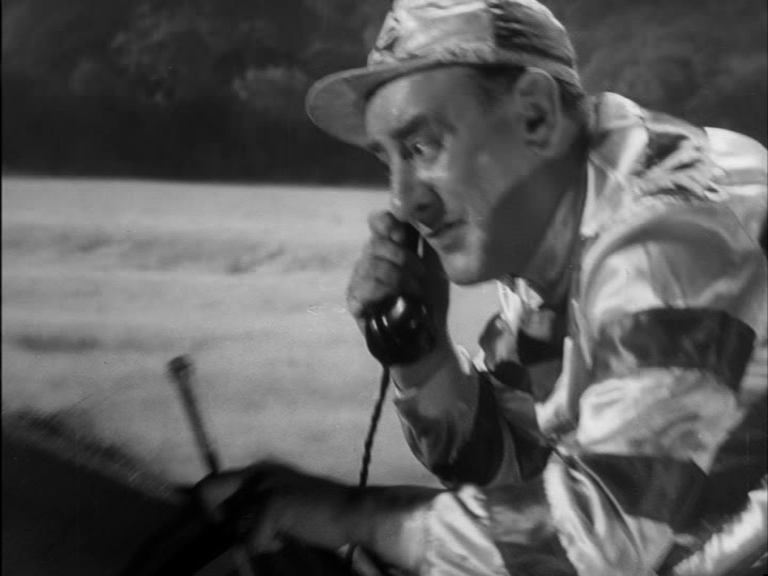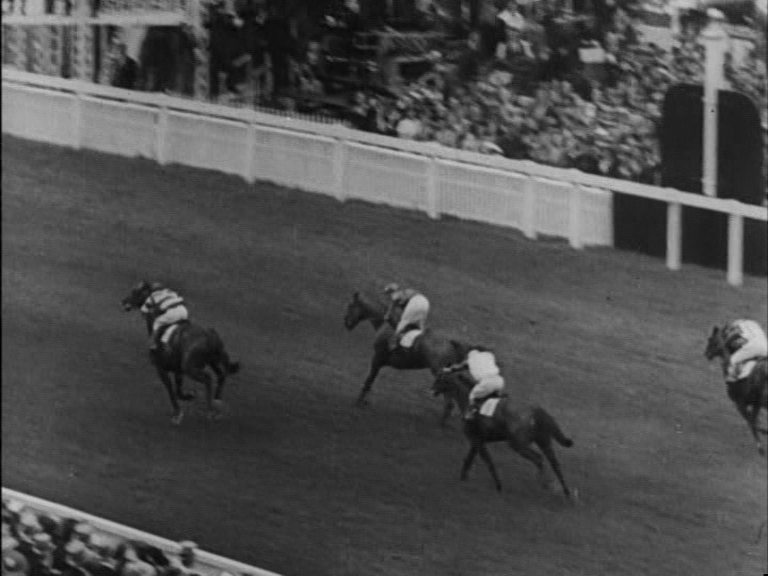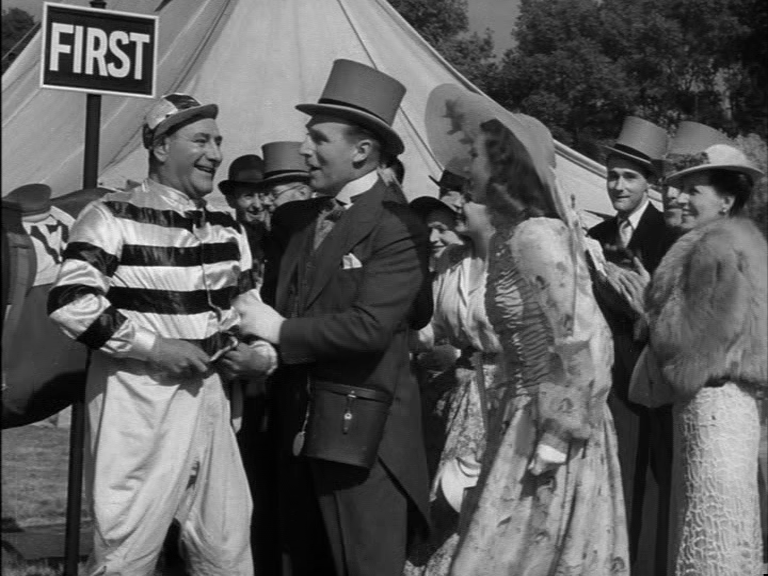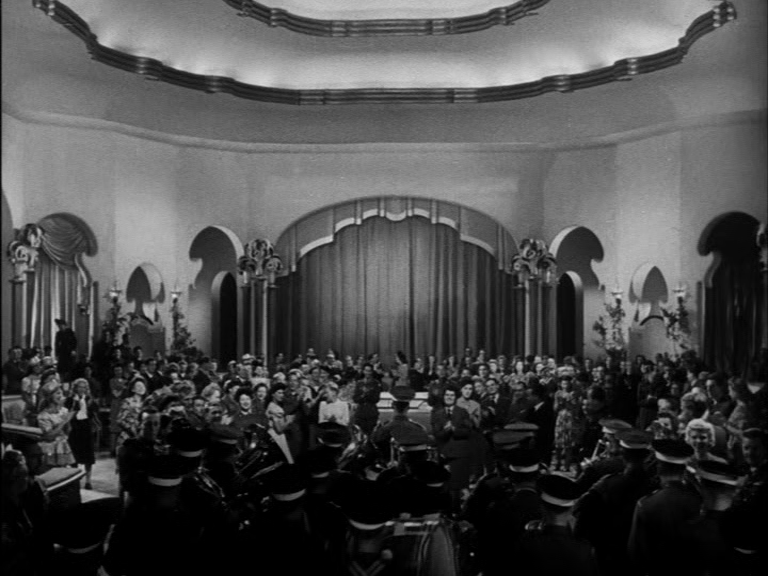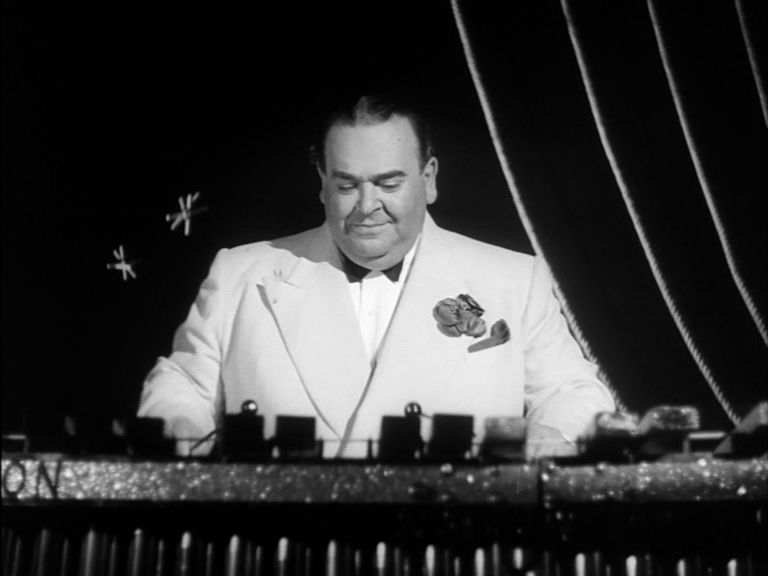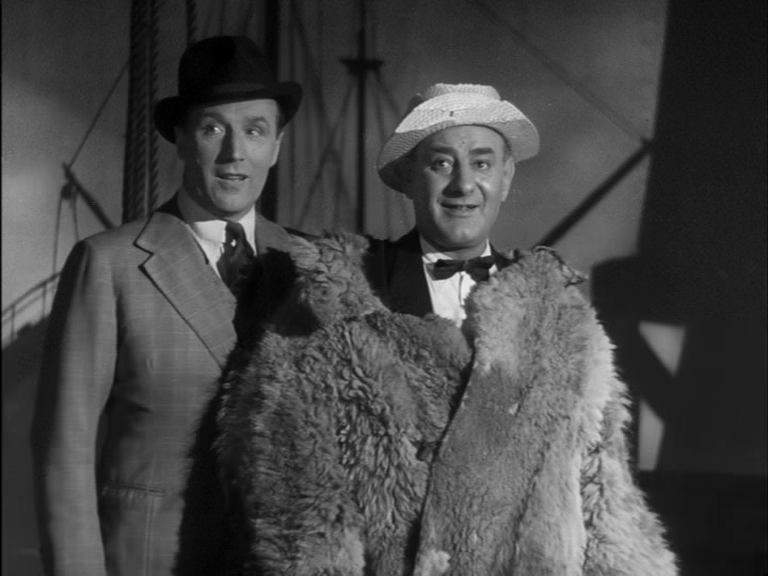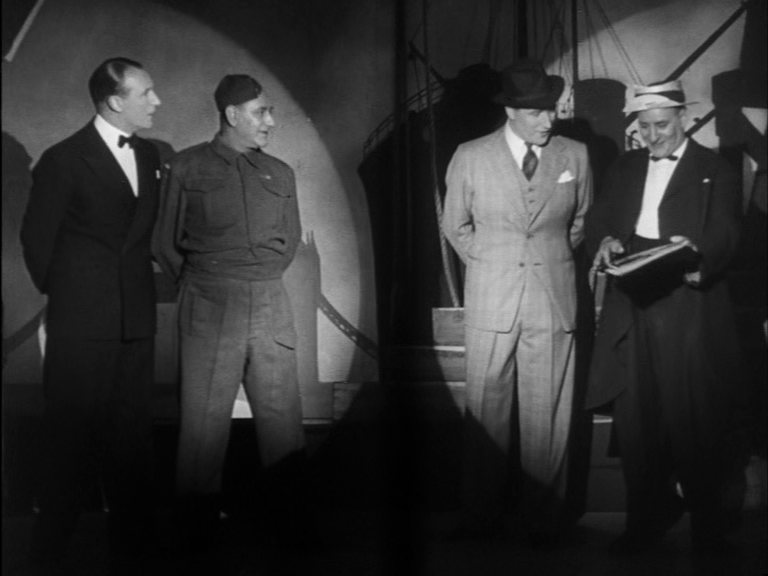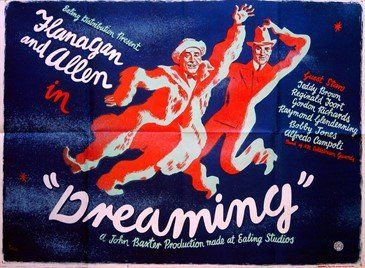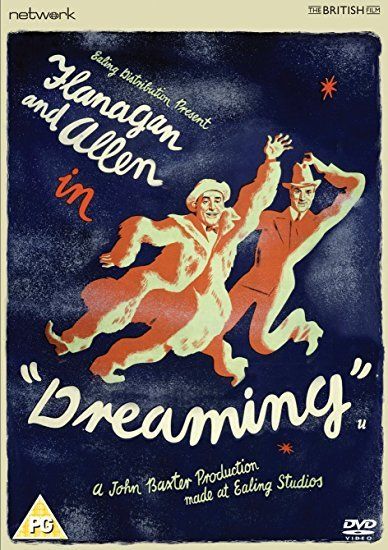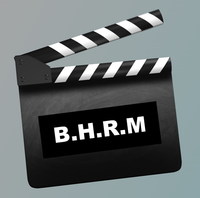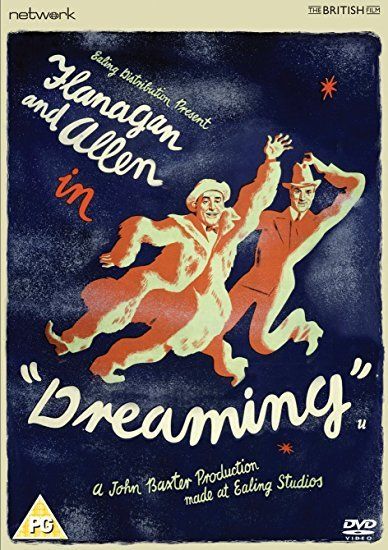
Dreaming (1944)
Tagline: "Unconscious soldier has a series of bizarre dreams"
Starring: Bud Flanagan, Chesney Allen, Hazel Court
Featured Racecourse: Ascot
Director: John Baxter
Producers: Baynham Honri, John Baxter
Writers: Bud Flanagan & Reginald Purdell (screenplay)
Release Date: November 1944
Runtime: 78 mins
IMDB Synopsis: When British soldier Bud (Bud Flanagan) is hit on the head, the concussion causes a series of dreams whilst on the hospital operating table.
Where to Buy: ?
Film Links: IMDB, BFI, Wikipedia
Starring: Bud Flanagan, Chesney Allen, Hazel Court
Featured Racecourse: Ascot
Director: John Baxter
Producers: Baynham Honri, John Baxter
Writers: Bud Flanagan & Reginald Purdell (screenplay)
Release Date: November 1944
Runtime: 78 mins
IMDB Synopsis: When British soldier Bud (Bud Flanagan) is hit on the head, the concussion causes a series of dreams whilst on the hospital operating table.
Where to Buy: ?
Film Links: IMDB, BFI, Wikipedia
Personal Review
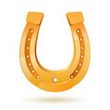




The film opens with a man listening to a wireless in his front room and the radio presenter announcing that he has a question from a Mr Bud Flanagan who lives somewhere underneath the arches which reads, “What is a dream?”
Bud Flanagan in his army uniform is traveling on a train to Glasgow when a young wren (Hazel Court) faints and he along with several other soldiers help her to a seat in a compartment. A package falls from an overhead rack and knocks Bud unconscious so the train is stopped and he is taken by ambulance to a nearby military hospital. On the operating table surrounded by surgeons and African royal subject onlookers, Bud is given a new experimental anaesthetic of the narcotic class which sends him into a series of bizarre acted out dreams.
Dream One – Flanagan is a governor of an African village and he is warned by Hazel Court that the local witch doctor blames him for the recent drought and that the natives are after his blood. Bud flees the village with the help of Chesney Allen and his plane and as they take off it starts to rain – cue the song “Flying Through the Rain”. They end up over Germany where the plane is shot down by the Nazis and Allen parachutes out of the fireball whilst Flanagan floats down to the ground with the aid of an umbrella.
Dream Two - Back on the operating table the surgeon explains to the African guests that the chances of the patient’s complete recovery are evens before elaborating on his passion for horse racing which leads nicely to the next dream. Chesney Allen is a racehorse owner who is looking for a suitable jockey to ride Canteen in an upcoming race at Ascot and opts for sixteen stone Bud Flanagan who has allegedly won 20 races in South Africa. Sir Charles Paddock (Dick Francis - not the famous jockey and author which some reviews suggest) has his own horse in the same race and there are fears that he might try and nobble Canteen so Bud decides to spend the night in the stables. During the night he receives a visit from two famous jockeys playing themselves - Sir Gordon Richards (champion jockey 26 times) and Bobby Jones (won several classic races) - another cue for a song “Dreaming”. During the race itself Canteen soon gets tailed off but when the horse spots a mare at the side of the course that he had been pining after, he sprouts wings and gets up to win on the line – the sequence ending with money raining down on Flanagan in the winner’s circle.
Dream Three – Flanagan visits the war office and seeks permission to open up a canteen come variety club called “Stage Door” to entertain the British and American troops. He is granted a license and given indefinite leave to makes his dreams come true leading to an opening night and a stellar cast of variety acts. The Nazis, unimpressed with Flanagan’s club which will boost the morale of the allied troops, send Dr. Joseph Goebbels (Philip Wade) to meet double agent Sir Charles Paddock with the task of sabotaging the club’s opening night. They kidnap Hazel Court and then set the British and American troops fighting amongst themselves before Bud calls for a rendition of “God Save the Queen” which restores order. Flanagan and Allen eventually track Goebbels and Paddock down and send them to their deaths before performing one of their greatest hits “Underneath the Arches” on stage with their “dream” actors watching on. Bud Flanagan finally wakes up on the operating table with a big smile on his face.
Bud Flanagan and Chesney Allen were big stars of the 1930s and 1940s who started out as music hall comedians before turning their talents to film and television. Their gentle humoured songs formed part of the sound track for the second world war with such classics as “We’re Going to Hand out the Washing on the Siegfried Line” mocking the German defences and “Miss You” about missing one’s sweetheart. Their double act talents were certainly well showcased in this film with a constant bombardment of one liner gags, slapstick comedy and several suitable songs which were even released the following year by Decca records.
Dreaming certainly did its bit for the war propaganda machine with the constant mocking of the Nazis, the showing of unity between British and American troops and a montage of images from the British empire and America throughout the final sequence. The film would have certainly appealed to the mass audience when first shown in 1944 and even more so with the inclusion of famous musicians Alfred Campoli (violinist) and Teddy Brown (xylophonist), top class jockeys and BBC racing commentator Raymond Glendinning in his first screen outing. Hazel Court (21 years old) also added some beauty to proceedings with her prominent roles in each of the dream sequences and she became better known in the 1950s and early 60s for her work in horror films.
The second dream sequence open with some shots of Ascot racecourse before returning back there later for Canteen’s race. We get some good shots of the crowd, bookmakers and stands and then the race itself is well staged although I’m not sure Canteen could really have won when being so far adrift at one stage. Flanagan is clearly on a mock-up horse when he falls back through the field and later as he scythes through them like a hot knife through butter but I’ve certainly seen worse set ups in films made twenty years later.
Overall a decent comedy with plenty of gags and a good choice of song accompaniments but the whole plot was very far fetched even for a dream! The inclusion of anti-Nazi propaganda, various celebrities and sporting scenes from Ascot would have given a much-needed boost for the cinema audiences of the time. (Rating 5/10)
Favourite Quotes
Chesney Allen: “Now I’m putting a monkey on this horse, and my trainer’s putting a pony on.”
Bud Flanagan: “Oh well blimey where am I going to sit?”
Chesney Allen: “You’re going to sit on top of the horse.”
Bud Flanagan: “With a monkey and a pony, I should think so!”
Bud Flanagan: “With a monkey and a pony, I should think so!”
MOVIE STILLS

